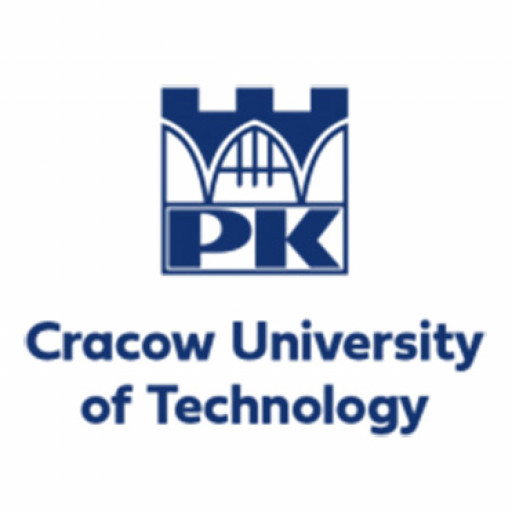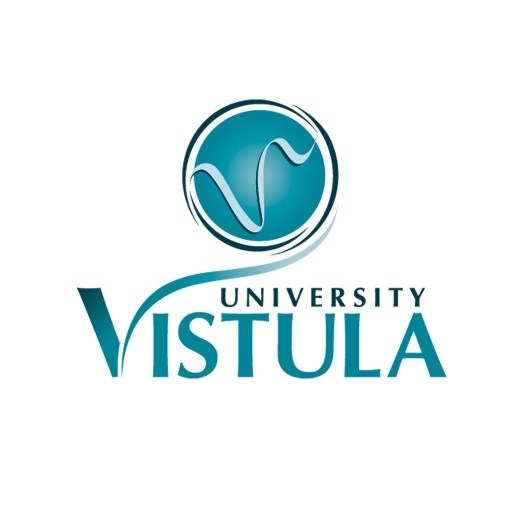Photos of university / #politechnika_warszawska
Civil Engineering at Warsaw University of Technology offers a comprehensive and rigorous education designed to prepare students for a dynamic career in designing, constructing, and maintaining infrastructure projects that are essential to modern society. Our programme combines theoretical foundations with practical skills, ensuring graduates are well-equipped to tackle complex engineering challenges in a variety of environments. Students will engage with fundamental subjects such as mathematics, physics, and materials science, laying the groundwork for understanding the principles underlying structural analysis, geotechnics, and transportation systems. The curriculum emphasizes applications, including computer-aided design, structural modelling, and project management, to develop competent professionals capable of leading engineering projects from conception through realization.
Throughout the programme, students gain hands-on experience through laboratory work, field excursions, and collaborative projects that simulate real-world scenarios. They have access to state-of-the-art laboratories and workshops, fostering innovative thinking and technical proficiency. The programme also promotes sustainable engineering practices, reflecting current industry trends and environmental considerations. By collaborating with industry partners and participating in internships, students deepen their understanding of market needs and enhance their employability upon graduation.
Our teaching staff comprises experienced academics and industry experts committed to high-quality education and research. Graduates of the Civil Engineering programme are prepared for diverse roles within construction companies, consulting firms, urban planning agencies, and public administration. They are equipped to contribute to the development of resilient, safe, and sustainable infrastructure that improves quality of life and supports economic growth. International exchange opportunities and language courses are also available, fostering global competence and intercultural skills. Choosing Civil Engineering at Warsaw University of Technology means embarking on a challenging and rewarding educational journey that opens doors to influential careers in the built environment sector.
Program Overview: Civil Engineering at Warsaw University of Technology
The Civil Engineering degree program at Warsaw University of Technology is designed to prepare students to become highly skilled professionals capable of designing, constructing, and maintaining the fundamental infrastructure that supports modern society. This comprehensive program combines theoretical knowledge with practical skills, enabling graduates to meet the challenges of urban development, environmental sustainability, and innovative construction technologies.
Throughout the course of study, students will explore a wide range of subjects including structural mechanics, geotechnics, transportation engineering, water resources management, construction technology, and project management. The curriculum emphasizes the application of engineering principles to real-world problems, fostering creativity and critical thinking. Students will engage in laboratory experiments, computer-aided design, and fieldwork to gain hands-on experience and develop practical competencies.
The program also focuses on sustainable development practices, ensuring that future civil engineers are prepared to design infrastructure that minimizes environmental impact while maximizing safety and durability. Additionally, coursework covers modern construction materials and methods, innovative building techniques, and the integration of smart technologies in infrastructure projects.
Students have access to state-of-the-art laboratories and workshops, as well as collaborations with industry partners, enabling them to stay abreast of the latest technological advancements in civil engineering. The program encourages participation in internships and practical projects, providing valuable industry exposure and enhancing employability upon graduation.
Graduates of this program are equipped to pursue careers in various sectors, including construction companies, urban planning agencies, environmental consultancy firms, and public infrastructure authorities. The program also offers pathways for further academic studies, such as master's and doctoral levels, to deepen expertise and engage in research pursuits.
In summary, the Civil Engineering program at Warsaw University of Technology offers a robust education grounded in engineering science, technological innovation, and sustainability principles. It prepares students not only to serve as competent professionals but also to contribute to the development of resilient and sustainable infrastructure systems vital for societal progress.
Application fee: EU candidates 85 PLN, non-EU candidates 200 EUR
Secondary School Leaving Certificate, at least 11 completed years of education
Good knowledge of English (appropriate certification required) - B2 equivalent
High score in subjects of topical fields
The financing of the Civil Engineering program at Warsaw University of Technology is primarily based on a combination of public funding, student tuition fees, and various external sources. As a nationally recognized technical university, Warsaw University of Technology receives substantial financial support from the Polish government, which allocates funds for higher education institutions to improve infrastructure, develop research capabilities, and enhance educational quality. This public funding ensures the availability of high-quality teaching facilities, laboratories, and up-to-date technological resources essential for a rigorous civil engineering curriculum.
Tuition fees charged to international students constitute a significant portion of the program's financing. These fees are periodically reviewed and adjusted according to university policies and government regulations. The cost of studies for full-time international students typically covers access to academic courses, laboratory use, and various student services. For domestic students, the program is largely funded through state subsidies, which also support scholarships and financial aid programs to assist students facing financial difficulties.
Apart from government and student fees, the university actively seeks research grants and partnerships with industry stakeholders. Such collaborations facilitate the development of innovative projects, infrastructure development, and practical training opportunities for students. External funding also comes from European Union programs aimed at fostering innovation, sustainability, and technological advancement in civil engineering. These sources help to modernize curriculum content, support student mobility, and finance postgraduate research activities.
Furthermore, Warsaw University of Technology offers various scholarship schemes, both merit-based and need-based, to promote equal access to education. International students are encouraged to apply for Erasmus+ exchanges, which also contribute to the overall financing of the program by fostering student mobility and cultural exchange. The university’s financial strategy emphasizes sustainability by diversifying income sources, including corporate sponsorships, endowments, and donations from alumni and industry partners.
Overall, the program's financial structure is designed to ensure high educational standards, foster research and innovation, and provide inclusive access to students from diverse backgrounds. The combination of public support, private funding, and external grants ensures the ongoing development and international competitiveness of the Civil Engineering program at Warsaw University of Technology.
Civil Engineering at Warsaw University of Technology is a comprehensive program designed to equip students with the knowledge and skills necessary to design, construct, and maintain infrastructure projects. This program combines theoretical foundations with practical applications, focusing on areas such as structural engineering, geotechnics, transportation, environmental engineering, and construction management. Students are introduced to core engineering principles, supported by courses in mathematics, physics, and computer science, to develop problem-solving capabilities and analytical skills essential for modern civil engineering challenges.
The curriculum emphasizes the importance of sustainable development and innovative techniques, preparing graduates to contribute to the development of resilient and eco-friendly infrastructure. Practical training is integral to the program, with opportunities for internships, laboratory work, and participation in real-world projects to bridge the gap between academic concepts and industry requirements. Students also benefit from state-of-the-art facilities and laboratories, enabling hands-on experience with construction materials, structural analysis tools, and design software.
The academic staff comprises experienced specialists and researchers who are actively involved in international projects and scientific research, ensuring that the education provided is aligned with global standards and current trends. The program encourages critical thinking, teamwork, and effective communication skills, which are vital in multidisciplinary projects typical in civil engineering.
Graduates of the Civil Engineering program at Warsaw University of Technology are prepared for careers in construction companies, consulting firms, public administration, and research institutions. They are equipped to work on infrastructure projects such as bridges, roads, buildings, water supply systems, and environmental protection initiatives. The program also offers opportunities for postgraduate studies and specialization in subfields like structural design, transportation planning, or environmental engineering, fostering lifelong learning and professional development.
Overall, the Civil Engineering program aims to produce competent professionals capable of addressing complex engineering problems, contributing to societal development, and promoting sustainable solutions in urban and rural environments.









